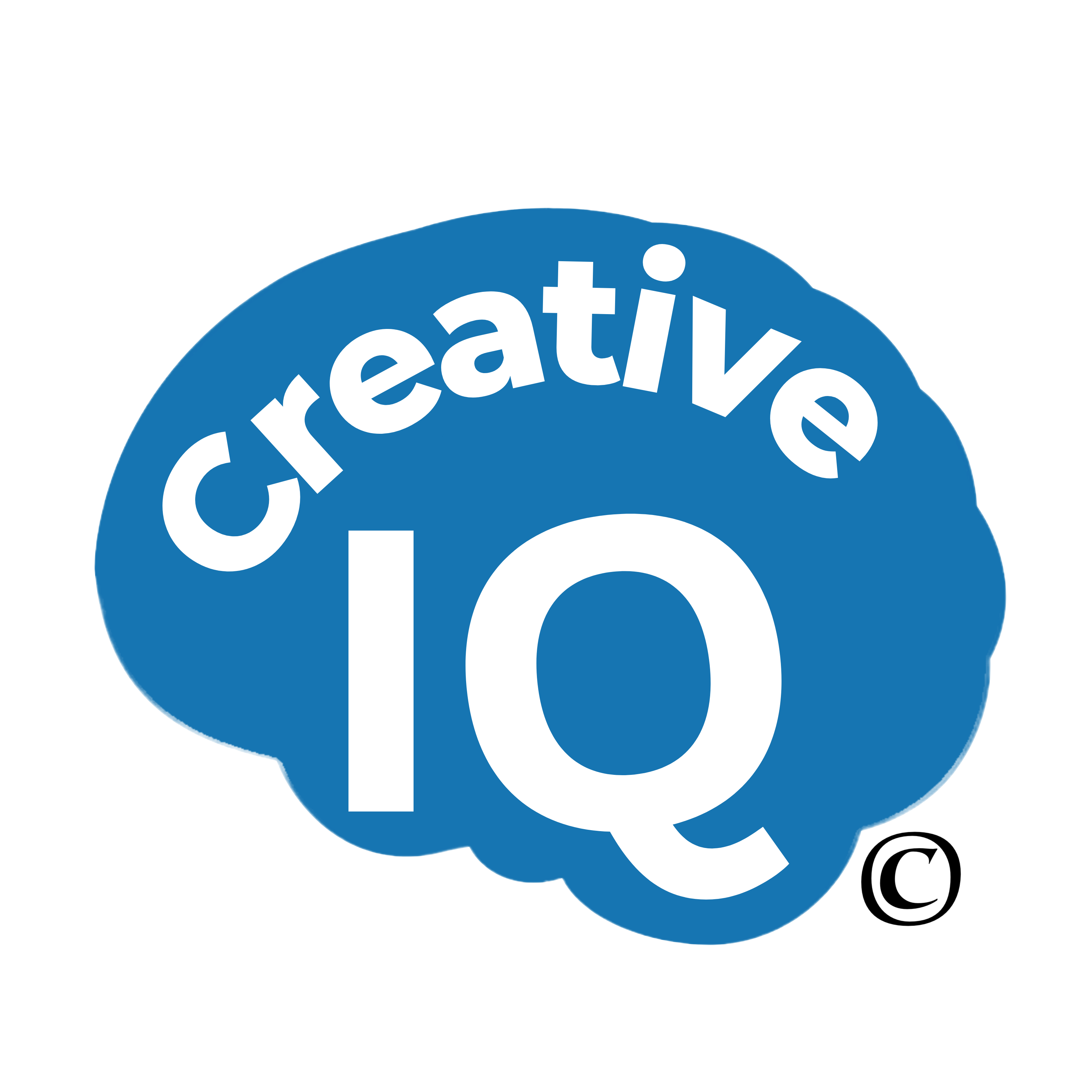Frequently asked questions
What types of tests are used in creativity coaching?
There are many different types of tests that may be used in creativity coaching. Some common examples include: Torrance Tests of Creative Thinking (TTCT): This test measures an individual's ability to generate and evaluate creative ideas, and includes both verbal and figural (drawing) tasks. Creative Problem-Solving (CPS) tests: These tests assess an individual's ability to identify and solve problems in a creative way, and may involve tasks such as brainstorming, ideation, and problem-solving techniques. Personality tests: Some creativity coaching tests may assess an individual's personality traits, such as openness to experience or willingness to take risks, which can impact their creative potential.
How are creativity coaching tests administered?
Creativity coaching tests can be administered in a variety of ways, depending on the specific test being used. Some tests may be self-administered online, while others may be administered in person by a coach or trained professional. In some cases, the coach may use a combination of tests to get a more comprehensive assessment of an individual's creative abilities.
How long do creativity coaching tests take?
The length of a creativity coaching test will depend on the specific test being used. Some tests may take only a few minutes to complete, while others may take an hour or more.
What do the results of a creativity coaching test mean?
The results of a creativity coaching test can provide insight into an individual's creative abilities and potential. However, it is important to remember that these tests are only one piece of the puzzle, and should not be used in isolation to determine an individual's creativity. It is also worth noting that creativity is a complex and multifaceted trait, and a single test may not be able to capture all of the nuances of an individual's creative abilities.
Can creativity coaching tests be used for anything other than coaching?
Creativity coaching tests may be used for a variety of purposes beyond coaching, such as in education or workplace settings. For example, schools may use creativity tests to identify students with exceptional creative abilities, and businesses may use them to identify individuals with potential for creative problem-solving in the workplace.

